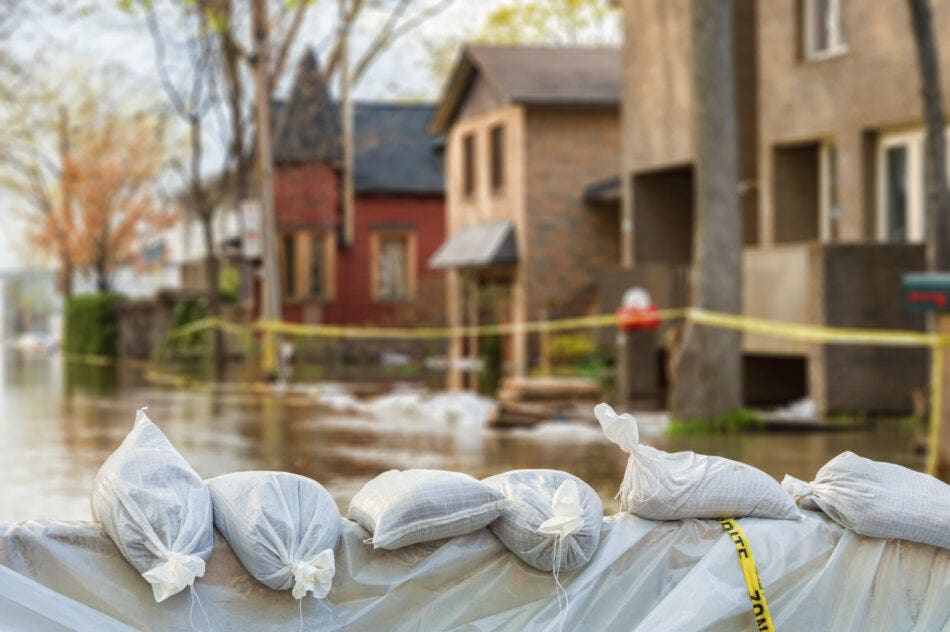If you had 20 minutes to pack up and leave your home due to flood or fire warnings, what would you grab? Would you be prepared if you were told that you needed to shelter in place during a tornado or blizzard?
When faced with an emergency, it’s hard to think straight – which is why having a well thought out emergency plan is imperative to many Canadians, especially as major weather events become more frequent.
Your emergency plan should include:
- Knowing the safe exits from your home – there should be at least two ways to exit each room of your home (such as a door and window).
- Have a designated safe meeting place near your home if you need to leave quickly.
- Create an out-of-town contact list that you can call in the event of an emergency.
- Keep a detailed list of key health and insurance information in a secure place that is easy to access like a password protected note on your phone. This should include details about medical conditions, allergies and medications.
- A list of where your pets might be able to stay if you can’t bring them with you to an evacuation shelter. Make sure they have enough food and water, an ID tag and collar, and a strong leash or harness.
- A designated person for emergency pickups at your children’s school if you can’t pick them up yourself.
Don’t forget to make an emergency kit that contains basic supplies that your family can survive on during an emergency when you might not have access to things like running water or power for at least 72 hours. Everyone in your household should know where the kit is stored.
Your emergency kit should contain:
- Two litres of water per person per day – ideally in small bottles that can be easily carried
- Canned goods, energy bars and dried foods – make sure to routinely check the expiration dates and swap out food as needed
- A manual can opener
- Toilet paper, hand sanitizer and moist towelettes
- Medications
- A first aid kit
- Flashlights and candles
- Matches and a lighter
- A battery powered or wind-up radio
- Extra batteries
- Back up chargers and power banks for your phone
- Extra car and house keys
- Duct tape
- Important documents such as copies of your emergency plan, contact lists, copies of prescriptions, etc.
- Items for babies and small children such as diapers, bottles and formula if necessary
- Enough clothes for a few days
- Pet supplies if necessary
It’s important to stay informed during an emergency and pay attention to your local news channels. They will provide details as the situation unfolds.
As part of your emergency planning, talk to your insurance broker to make sure your policies fully protect you, your property and belongings. Understanding all aspects of your policy, including whether you are covered for additional living expenses can help provide you peace of mind during and after an emergency.

